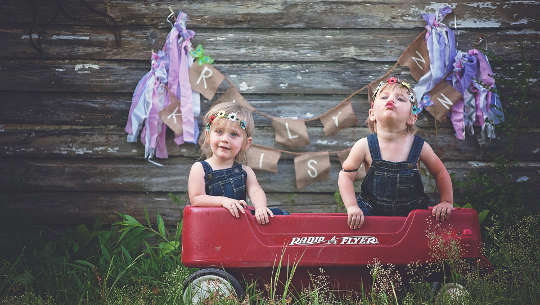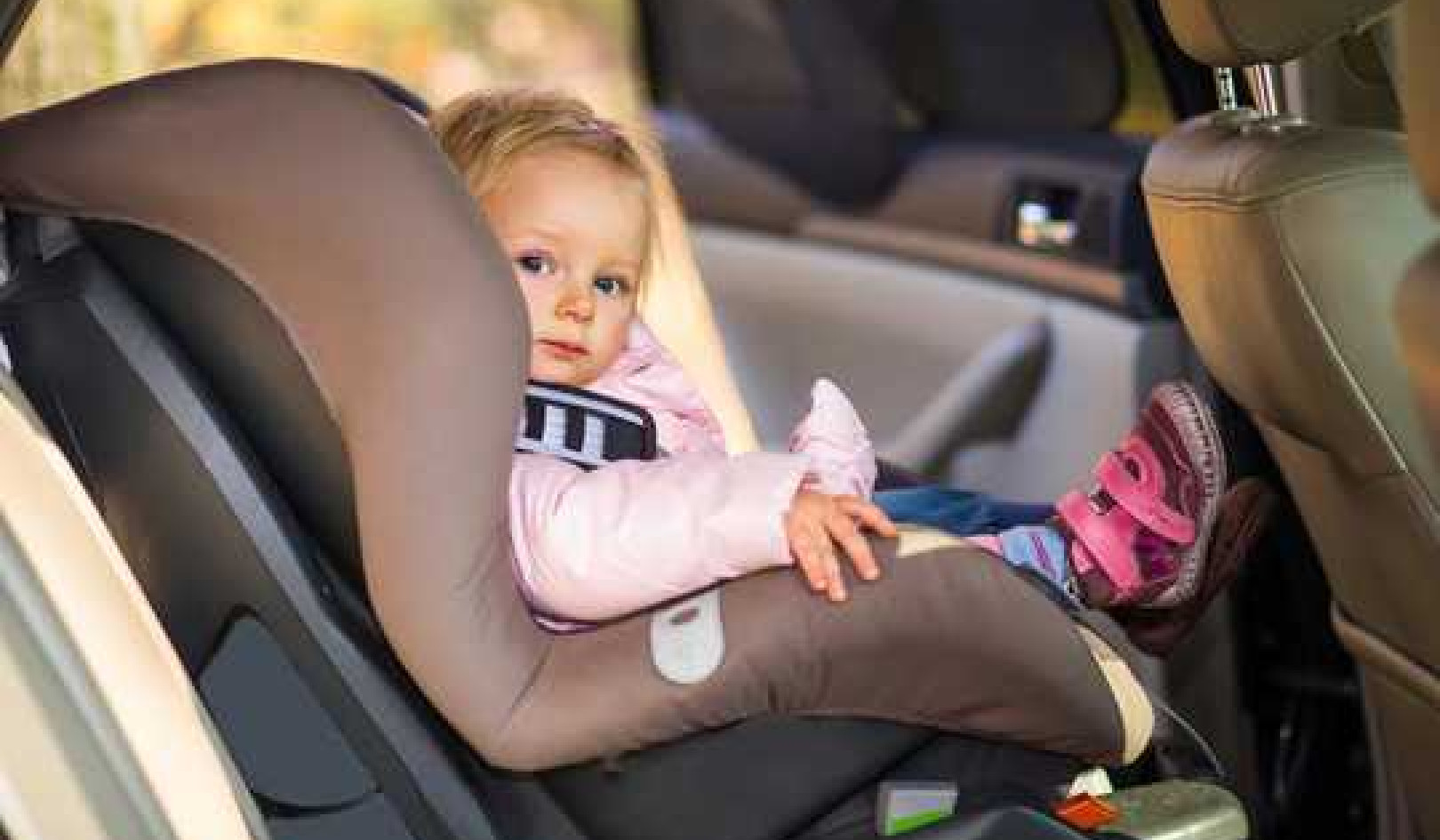 Image by lisa runnels from Pixabay
Image by lisa runnels from Pixabay
We found no evidence to support a genetic explanation," says Alexandra Burt. "The differences in the harsh parenting each twin received predicted differences between the twins in antisocial behavior, even when they shared 100% of their genes.
Harsh parenting practices such as spanking, not genetics, are linked to higher levels of behavior problems in children, according to a new study with twins.
Among identical twins whose genes match perfectly but whose parents punished differently, the children who were spanked or yelled at more had a higher likelihood of showing antisocial behavior.
“Studies into the effects of physical punishment have led the American Academy of Pediatrics to recommend against physical punishment and numerous countries to ban physical punishment including spanking,” says Elizabeth Gershoff, professor of human development and family sciences at the University of Texas at Austin and an author of the study in Psychological Science.
“This is the latest research to show that harsh punishment has a direct line to more, not fewer, behavior problems in children,” Gershoff says.
Dozens of research studies have confirmed that parents’ use of harsh punishment, especially physical punishment like spanking, is linked with increases in negative outcomes for their children, particularly higher levels of behavior problems.
For the new study, researchers set out to examine a common counter argument that genetics must play a role. Using this rationale, parents who have a tendency toward aggressive and harsh behavior would have more problematically behaved children because they pass on genes linked to aggression and acting out.
Because it would be unethical to take families with similar genes and randomly assign some to spank or be verbally harsh toward their children, researchers studied twins. The research involved 1,030 sets of twins, including 426 pairs of genetically identical twins, many of whom had parents who treated each twin differently.
The researchers found that in families where parents harshly punished one twin sibling but not the other, there was a predictable increase in delinquency and physical aggression for the child who was hit or yelled at more than their twin sibling.
“This design is especially useful in the case of monozygotic (often called identical) twins since they share 100% of their genes. Thus, any differences between them must be environmental in origin,” says lead author Alexandra Burt, a professor of psychology at Michigan State University. “We found no evidence to support a genetic explanation. The differences in the harsh parenting each twin received predicted differences between the twins in antisocial behavior, even when they shared 100% of their genes.”
About the Authors
Additional researchers are from the University of Michigan, Michigan State, and the University of Texas at Austin.
The National Institute of Mental Health, the Eunice Kennedy Shriver National Institute of Child Health and Human Development, the National Science Foundation, and the Population Research Center at The University of Texas at Austin supported the work.
Source: University of Texas at Austin

Related Books:
Here are 5 non-fiction books on parenting that are currently Best Sellers on Amazon.com:The Whole-Brain Child: 12 Revolutionary Strategies to Nurture Your Child's Developing Mind
by Daniel J. Siegel and Tina Payne Bryson
This book provides practical strategies for parents to help their children develop emotional intelligence, self-regulation, and resilience using insights from neuroscience.
Click for more info or to order
No-Drama Discipline: The Whole-Brain Way to Calm the Chaos and Nurture Your Child's Developing Mind
by Daniel J. Siegel and Tina Payne Bryson
The authors of The Whole-Brain Child offer guidance for parents to discipline their children in a way that promotes emotional regulation, problem-solving, and empathy.
Click for more info or to order
How to Talk So Kids Will Listen & Listen So Kids Will Talk
by Adele Faber and Elaine Mazlish
This classic book provides practical communication techniques for parents to connect with their children and foster cooperation and respect.
Click for more info or to order
The Montessori Toddler: A Parent's Guide to Raising a Curious and Responsible Human Being
by Simone Davies
This guide offers insights and strategies for parents to implement Montessori principles at home and foster their toddler's natural curiosity, independence, and love of learning.
Click for more info or to order
Peaceful Parent, Happy Kids: How to Stop Yelling and Start Connecting
by Dr. Laura Markham
This book offers practical guidance for parents to shift their mindset and communication style to foster connection, empathy, and cooperation with their children.
























